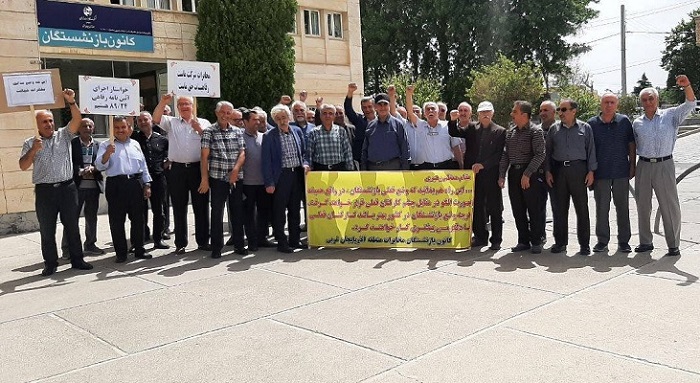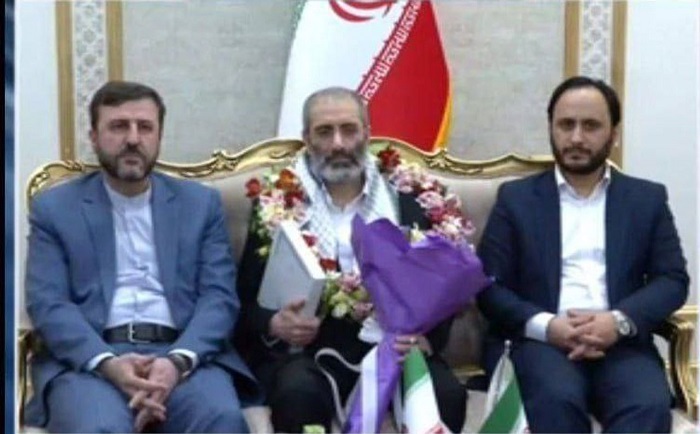

On the 256th consecutive day of nationwide unrest, Iran sees persistent protests across 282 cities, claiming at least 750 lives and leading to over 30,000 arrests by regime forces, according to sources of the People’s Mojahedin of Iran (PMOI/MEK).
This relentless call for rights and better living conditions comes from a broad swath of Iranian society, including retirees, workers, disabled individuals, and even elements of the Iranian diaspora abroad.
Various sectors are voicing their discontent. Workers from different factories and companies have joined the protests, angry about paycheck delays, layoffs, and a lack of official employment contracts. Retirees and pensioners have also been rallying against low pensions and deteriorating living conditions. Demonstrations have spread across Iran, from the bustling city of Tehran to the western provinces of Alborz and Ilam, and the southern city of Bandar Abbas.
Protests by retirees and pensioners of the regime’s telecom and social security organizations have reached a critical mass, particularly as the government refuses to adjust their pensions to match the inflation rate and the fluctuating rial, Iran’s national currency. This issue significantly impacts the welfare of these individuals who rely on their government stipends to survive.
#IranProtests at a Glance- Sunday, May 28, 2023#IranRevoIution pic.twitter.com/09q2giH0cO
— NCRI-FAC (@iran_policy) May 29, 2023
Meanwhile, there have been reports of anti-regime slogans in Tehran, specifically targeting regime dictator Ali Khamenei. Further, disabled individuals have demanded clarification about the government’s budget allocated to their community, alleging that the regime has long ceased necessary budgets for their basic needs.
The protests inside Iran are mirrored by demonstrations by members of the Iranian Diaspora in cities across Europe, Canada, and Australia.

This exchange has been condemned in rallies held in Brussels, London, Paris, Berlin, Munich, Stockholm, Oslo, Rome, The Hague, Bern, Geneva, and several other cities worldwide. These demonstrations admonish the Western countries for their appeasement policies towards Tehran, asserting that such actions will only embolden the regime and potentially exacerbate the country’s political and economic crisis.
The rising discontent shows no sign of slowing down as Iran’s economic woes continue to deepen and political freedoms remain stifled. The international community watches on with mounting concern as the situation escalates.
May 26 – The Hague, The Netherlands
Freedom-loving Iranians and #Iran opposition MEK supporters rallying and protesting today's prison swap with Tehran.#No2MullahsBlackmail#No2Appeasement#HostageDiplomacypic.twitter.com/2Ub5fIludv— People's Mojahedin Organization of Iran (PMOI/MEK) (@Mojahedineng) May 26, 2023
 MEK Iran (follow us on Twitter and Facebook), Maryam Rajavi’s on her site, Twitter & Facebook, NCRI (Twitter & Facebook), and People’s Mojahedin Organization of Iran – MEK IRAN – YouTu
MEK Iran (follow us on Twitter and Facebook), Maryam Rajavi’s on her site, Twitter & Facebook, NCRI (Twitter & Facebook), and People’s Mojahedin Organization of Iran – MEK IRAN – YouTu







